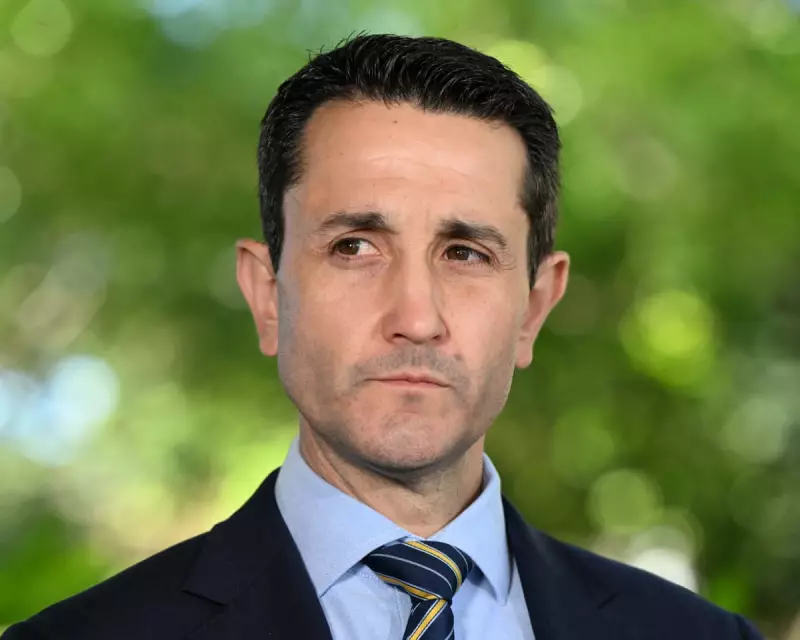
Queensland Premier David Crisafulli has unveiled a sweeping reform of the state's coal royalty scheme, a move set to redefine the economic landscape of Australia's mining heartland. The controversial changes promise to redistribute wealth from the lucrative coal sector while sparking fierce debate between industry leaders and environmental advocates.
A Royalty Revolution in the Sunshine State
The proposed overhaul introduces a progressive tiered system that will see royalty rates increase substantially for higher coal prices. This bold strategy aims to capture greater returns for Queenslanders during periods of exceptional commodity prices while maintaining competitiveness during market downturns.
Industry Backlash vs. Public Interest
Mining giants have warned the changes could jeopardise investment and employment in regional Queensland. "This is a short-sighted cash grab that will ultimately cost jobs," claimed one industry spokesperson. However, Premier Crisafulli remains steadfast, arguing that Queenslanders deserve a fairer share of their natural resources' value.
The Environmental Equation
Environmental groups have cautiously welcomed the reforms, seeing them as a potential step toward transitioning away from fossil fuels. "While we'd prefer to see coal phased out entirely, making the industry pay its fair share is progress," commented a leading conservationist.
What the New Scheme Means
- Higher royalty rates for premium coal grades
- Price thresholds triggering increased payments
- Revenue earmarked for regional infrastructure
- Transition support for affected communities
The government estimates the changes could generate an additional $1.2 billion over four years, funds promised to hospitals, schools and renewable energy projects across Queensland.
The Political Gamble
Political analysts suggest this move represents a calculated risk for Crisafulli's administration, potentially alienating traditional supporters in mining regions while appealing to urban voters concerned about climate change and economic fairness. The coming months will reveal whether this bold policy pays dividends or becomes a political liability.





